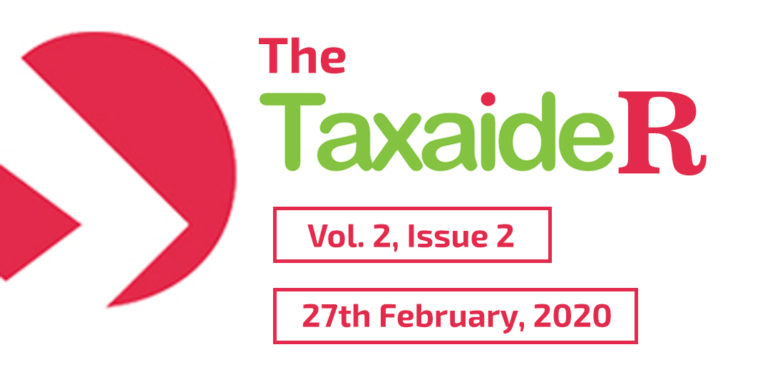First things first, the Federal Government of Nigeria (FGN) is a Stakeholder in your Company’s Operations and at any point in time the FGN would want to ascertain if she has been receiving the right “cut” from your business operations. So, no need to fret whenever the FGN comes for an audit in as much as all necessary documentary evidence(s) are available.
It’s a stale news to say that Nigeria is currently seeking various means to diversify its revenue from oil to non-oil source which invariably has given rise to the increase in tax drive, consequently leading to an increase in the frequency of tax audits and investigation.
1. What is Tax Audit?
This is a process of examining a taxpayer’s record and documents in order to ascertain whether such taxpayer has appropriately assessed, reported and remitted its tax liability for the relevant year of assessment. Tax audit also seek to ensure that the taxpayer has fulfilled all other obligations as provided for under the relevant tax laws.
2. What is Tax Investigation?
Tax investigation can be described as an advancement from tax audit, it entails a more detailed examination by the tax authority in order to recover under charged tax in previous years due to an information/suspicion that the taxpayer might have evaded tax.











